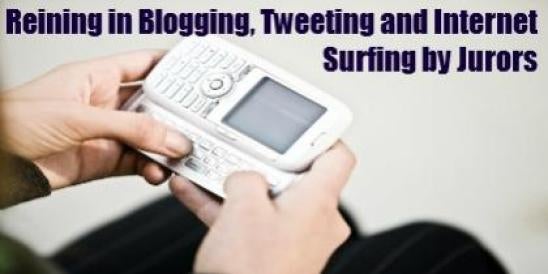Addressing a lower court’s claim construction and summary judgment of non-infringement, the U.S. Court of Appeals for the Federal Circuit found that more limited claim construction found a lower court was correct and sustained the summary judgment ruling. Technology Patents LLC v. T-Mobile (UK) LTD., Case No. 11-1581 (Fed. Cir., Oct. 17, 2012) (Bryson, J.).
Plaintiff Technology Patents LLC (TPL) filed suit against more than 100 defendants, generally falling into three categories: domestic carriers (and handset companies), software providers, and foreign carriers. TPL asserted that defendants infringed its patent directed to a global paging system utilizing a land-based packet-switched digital data network. The global paging system included a feature for permitting users to remotely designate countries in which they are expected to be located. The district court granted summary judgment of non-infringement in favor of the domestic carriers and the software providers and dismissed the case against the foreign carriers for lack of personal jurisdiction. TPL appealed.
On appeal, the Federal Circuit affirmed the district court’s grant of summary judgment of non-infringement in favor of the domestic carriers, but reversed with regard to the software providers as to certain claims. The Court did not address the merits of the claims against the foreign carriers in view of its decision to affirm the non-infringement finding as to the domestic carriers.
Regarding non-infringement by the domestic carriers, the Federal Circuit found that the accused technology implemented by the domestic carriers did not include all required claim limitations, such as “receiving user” and “designated by the receiving user,” among others. As to the term “receiving user,” the Court concluded that the limitation required a person, not a person-pager combination, and that the designation of a country is done by a person, not by a device. Further, the Court determined that the distinction between “carriers” and “country” in which the receiving user is located is material and that accused products do not infringe in part because the specification and asserted claims required the designation of the country in which the receiving user is located, not the designation of the receiving user’s carrier. Thus, the Court affirmed the district court’s claim construction and its grant of the summary judgment of non-infringement in favor of the domestic carriers.
Regarding the foreign carriers, the Federal Circuit did not address the jurisdictional issues because the infringement case against the foreign carriers depended on the patent owners’ ability to prove infringement by the domestic carriers. With respect to the software providers, the Court disagreed with the district court’s decision that certain patent claims implicated joint or divided infringement requiring actions by multiple actors and vacated the district court's ruling on those claims, remanding the case for further proceedings.



 i
i

